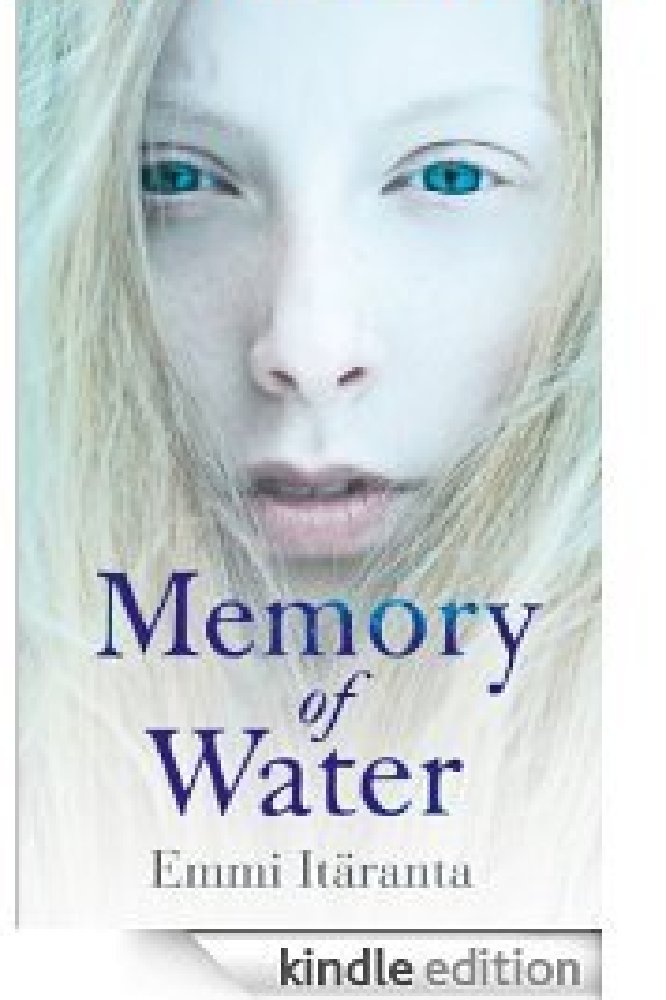
Memory of Water
Memory of Water is a coming-of-age story set in a future world that is running out of fresh water. The main character, Noria, is a young woman who must take responsibility for guarding a hidden freshwater spring. This is both dangerous and demanding, because the military government is trying to get its hands on all remaining water resources, and Noria is forced to make difficult choices when she sees people close to her suffering.
How much has your MA in creative writing helped you to write this novel?
Personally, I found it immensely useful. The feedback and encouragement helped me see how the writing could be improved and believe the project was worth pursuing. Creative writing courses don't make you a published author, but they can provide an excellent sounding board for developing your writing.
The book has won the Kalevi Jantti Literary Prize for young authors in 2012, so how did this make you feel?
First and foremost, I was surprised and humbled. It still feels almost unreal that my novel got published in the first place. Anything else is an unexpected bonus. Awards are by no means the be-all, end-all of writing, but they can be particularly important for authors at the beginning of their careers, because they may help buy some time for writing where otherwise it would be difficult to find.
Please tell us about the character of Noria.
Noria has just come of age and has studied to be a tea master since she was a child. She has lived a fairly protected life, but with her new responsibilities and the changes taking place in her family, she begins to understand the world in a different way. She is torn between duty, tradition, her own growing knowledge and the needs of those around her.
This is your debut novel, so what was the process like for you of writing the book in two different languages along the way?
I began writing the book in English because part of it formed my creative writing dissertation at the University of Kent, but early on I realised that drafting it in Finnish at the same time helped me polish the writing. The two languages seemed to support and inform each other. You get very, very close to the text when you work in two languages; translators often spot details that the author and editor may have missed. It is a slow process, and hard work, but ultimately I find it rewarding.
What made you go from Drama to writing?
I don't see drama and writing as separate, but as part of the same continuum. I was always less interested in the performing side of drama and more interested in story structures, building tensions within a scene, creating dialogue and interactions between characters. All this can be applied to writing a novel, so the things drama taught me came in useful when I began writing Memory of Water.
You are working on your second novel now so what can you tell us about that?
My second novel is a story about an island which is slowly sinking into the sea and where dreaming is forbidden. It has elements of urban fantasy, but its world has a feel of the past, rather than present or future. Water features strongly again, but whereas my first novel has too little of it, the second has too much, in the form of floods. Perhaps I'll end up writing a water trilogy!

